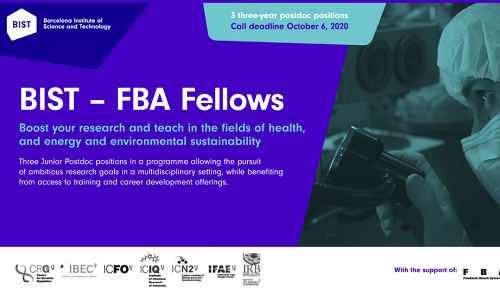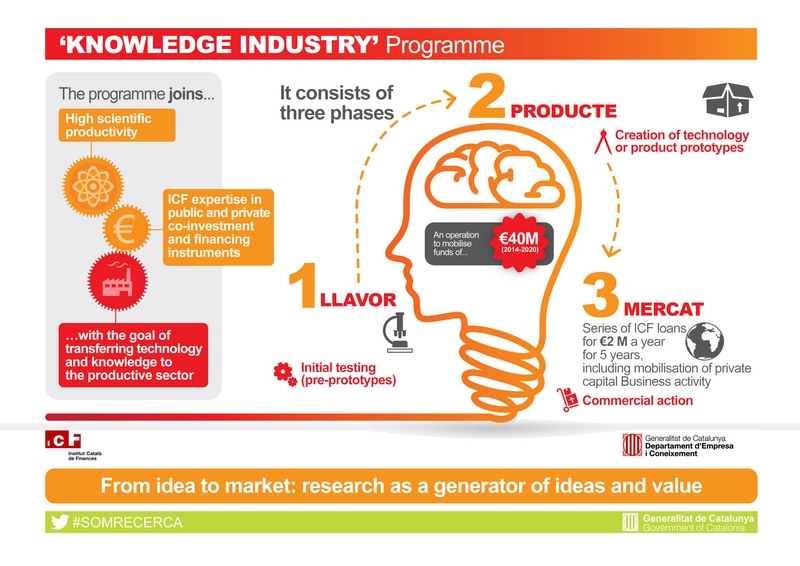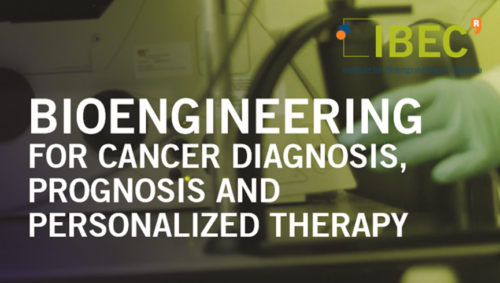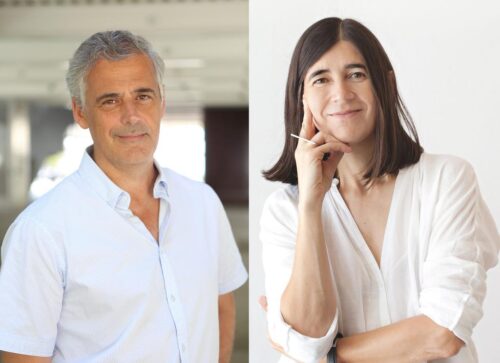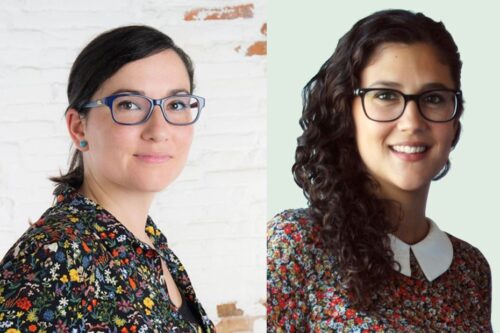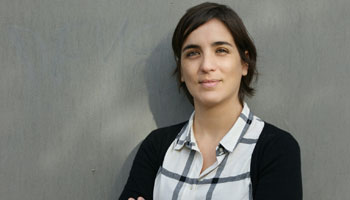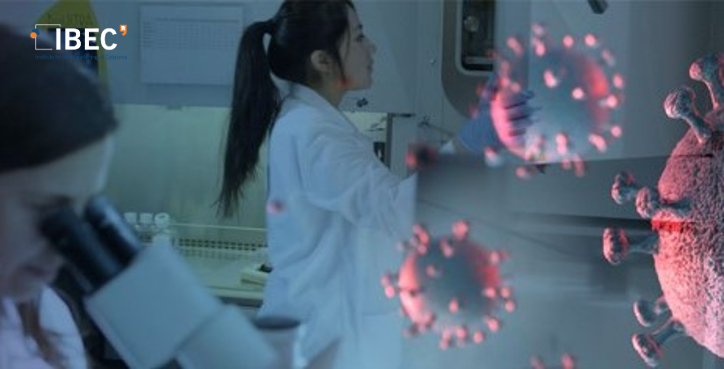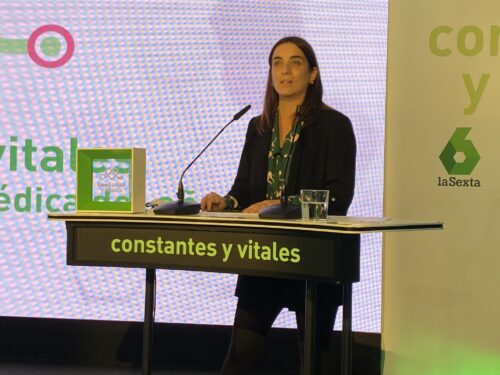Institutional news
Two IBEC projects granted by “Knowledge Industry Call” of the Catalan Government
A project led by Elisabeth Engel aimed to fabricate and test a dressing prototype for wound healing, and another project led by Javier Ramón with the goal of developing an artificial liver, have been granted by the Knowledge Industry Programme of the Catalan Government.
“Bioengineering against cancer” event brings together 400 international experts
The event “Bioengineering and MedTech against Cancer” organized by IBEC and Medicen Paris Region brought together more than 400 participants, Medtech and Biotech players fighting against cancer.
IBEC participates in EU Project aiming to speed up clinical research for vision impairment
Nuria Montserrat and her team at IBEC participates in an international consortium which aims to develop a new method to bring eyes back to life from deceased donors for clinical research purposes.
Change in the presidency of SOMMa: Maria A. Blasco substitutes Luis Serrano
After three years as president of the Severo Ochoa – María de Maeztu Alliance, Luis Serrano, director of the Centre for Genomic Regulation (CRG) ends his term and steps down from the presidency. The new president will be Maria Blasco, director of the Spanish National Cancer Research Centre (CNIO), and until now first vice president of SOMMa.
Nuria Montserrat awarded an “ERC Consolidator Grant” to study kidney diseases using bioengineered organoids
Nuria Montserrat, ICREA Research Professor and Group Leader at IBEC, has been awarded the prestigious “Consolidator Grant” from the European Research Council (ERC).
Two IBEC researchers receive a Beatriu de Pinós fellowship
Aurora Dols and Zaida Álvarez, researchers at the Institute for Bioengineering of Catalonia (IBEC), receive the prestigious fellowships Beatriu de Pinós, awarded by the Catalan Government for the incorporation of highly qualified postdoctoral researchers into the Catalan research system.
Nuria Montserrat joins EMBO
Nuria Montserrat has been selected to join EMBO, a prestigious network that brings together some of the most brilliant researchers in life sciences in the world. This year only 30 scientists have been selected among 216 candidates. The selected scientists will join the existing network of 73 current and 384 former members of the program.
IBEC calls society to action to accelerate research against COVID19
The Institute for Bioengineering of Catalonia (IBEC) launches the Faster Future “A por la COVID19” campaign, with the aim of raising the 100.000€ needed to accelerate three research projects in collaboration with hospitals and patients associations.
Nuria Montserrat receives “Constantes y Vitales” award for the best biomedical publication of the year
IBEC researcher Nuria Montserrat receives the “Constantes y Vitales” award for the best biomedical publication of 2020 for her work with human organoids created with bioengineering techniques for the study of SARS-CoV-2.

